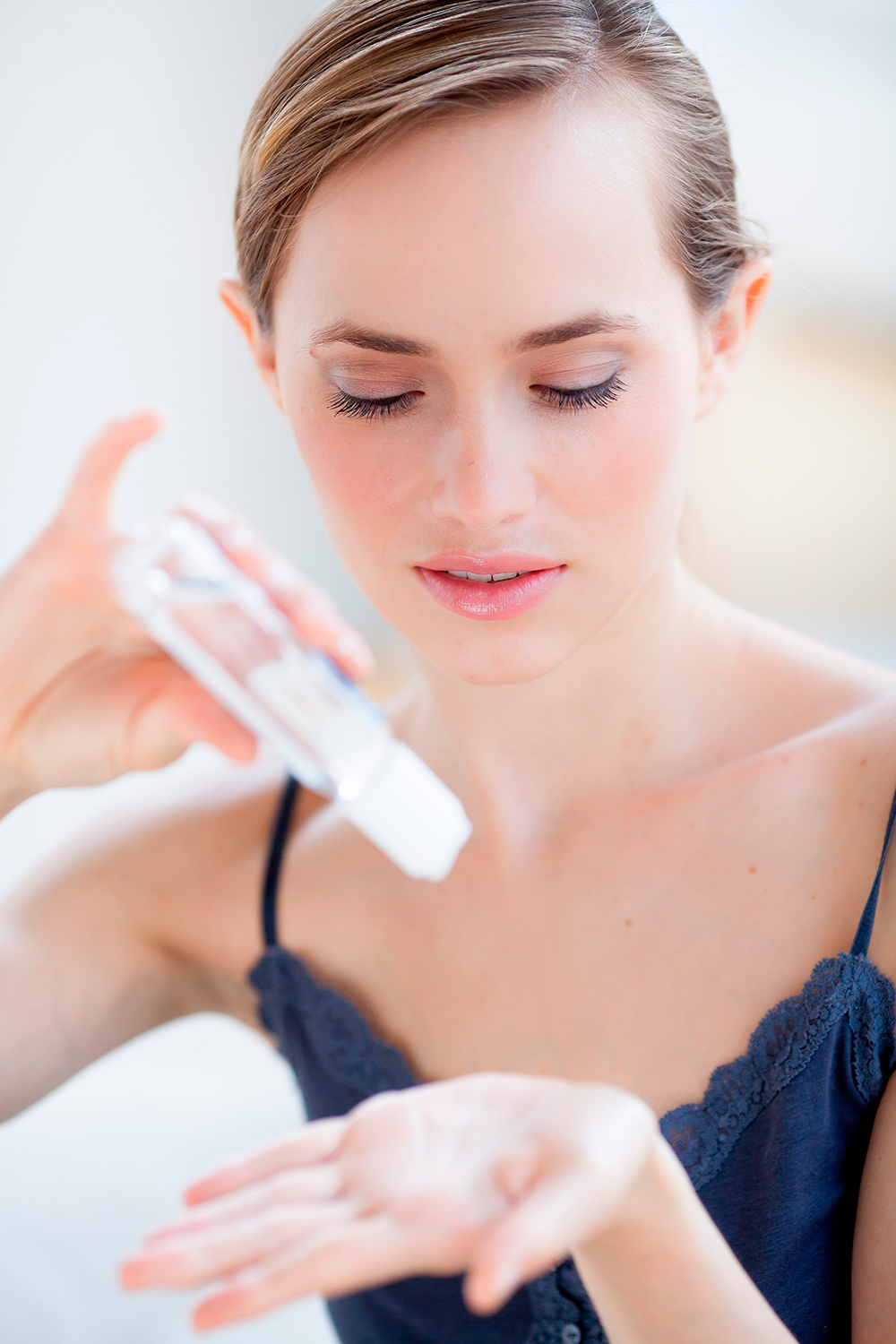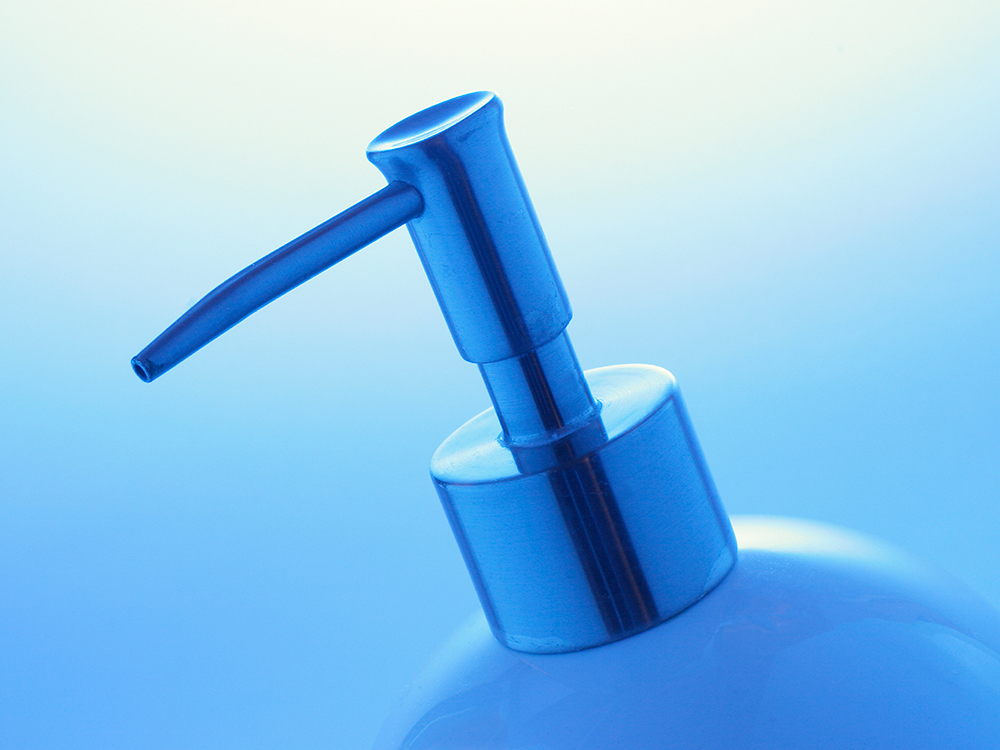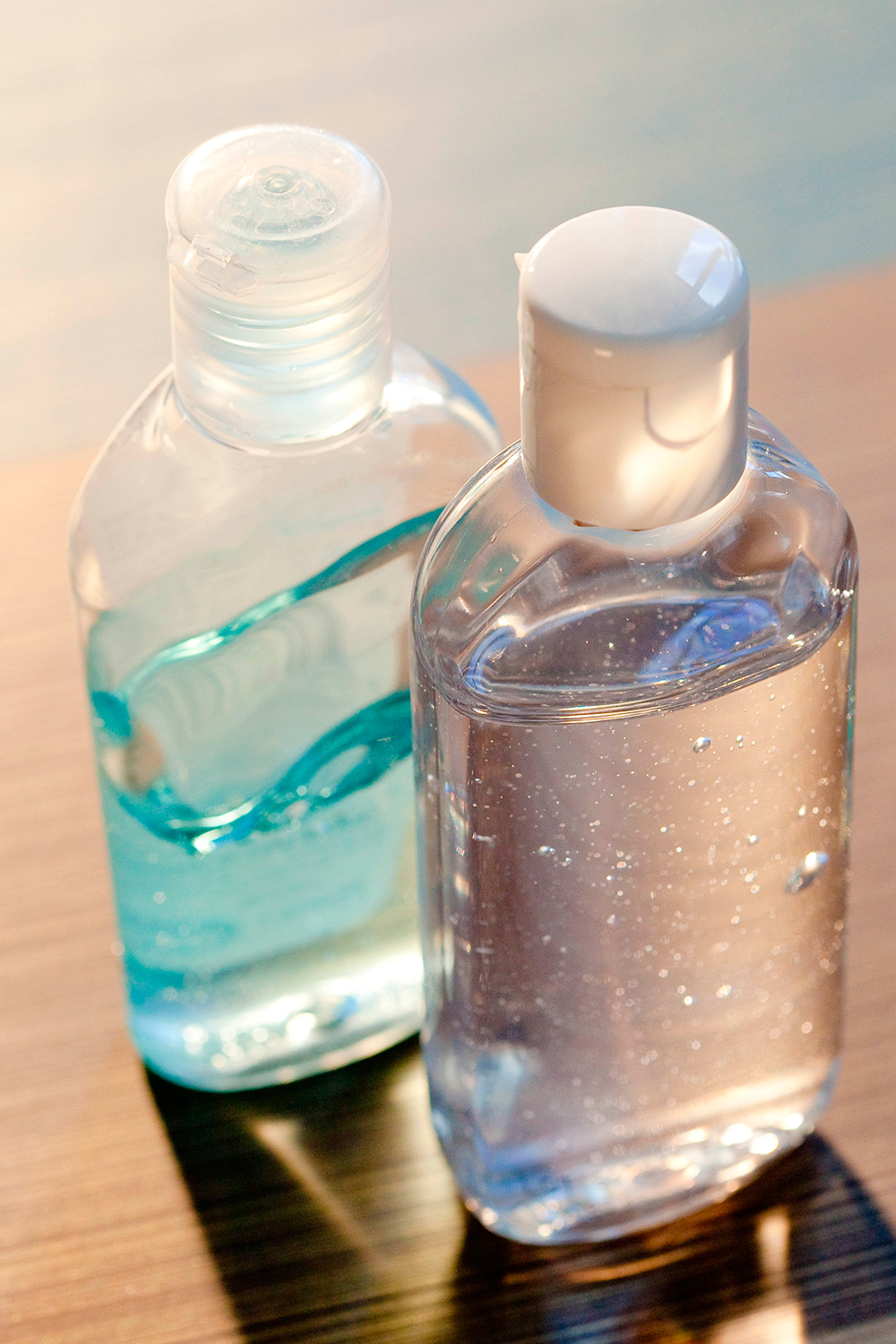Antibacterial hand gel might be doing more harm than good
Time to quit the addiction? Mounting evidence suggests it could actually be pretty dangerous not to...

Time to quit the addiction? Mounting evidence suggests it could actually be pretty dangerous not to...
It’s as much of a handbag essential as our keys and purse, but is our antibacterial hand wash doing more harm than good?
While its use can be beneficial in certain situations - festival portaloos being number one - but for everyday use, a growing number of studies are casting doubt on the safety of antibac, saying it can in fact do more harm than good.
The latest study has revealed that the very germs and bacteria we’re trying to kill are mutating and becoming what are called superbugs. These superbugs are getting so resilient to the ingredients within those perfectly-sized-bottles-for-the-tube, that in fact, the gel we’re all heavily relying on soon won’t be able to kill said germs and in general, these superbugs will become more resistant to anything we throw, wipe or wash them with.

Add this to the evidence that antibacterial soap doesn't actually clean your hands any better than normal soap and warm water – and you can see why experts are saying it’s causing more harm than good.
Most alarming of all was a recent study in the States that found that mother rats exposed to triclocarban - a chemical most commonly found in antibac soaps - was passed onto their offspring. So in other words, seriously scary stuff.
Growing evidence is so strong that these bacteria-killing soaps have actually been banned in certain parts of the US.
Celebrity news, beauty, fashion advice, and fascinating features, delivered straight to your inbox!
Also under suspicion is triclosan, another antibacterial chemical widely used in hand gels and products ranging from shampoos to cosmetics. A 2014 study found exposure to triclosan could make both humans and rats more susceptible to a potentially infectious type of bacteria.
In fact, a staggering 75 percent of liquid antibacterial soaps contain triclosan. The drug, which was originally used strictly in hospital settings, was adopted by manufacturers of hand gels during the 1990s and eventually ballooned into an industry that's now worth an estimated $1 billion.

If that wasn't enough bad news for antibacterial soaps, other studies are looking at their impact on the wider environment.
Two recent studies from a University in Wisconsin found that both triclosan and triclocarban interfered with the break-down sewage, reducing their effectiveness, and encouraged bacteria to become more resistant to drugs.
So all in all, it’s pretty bad news for our trusty hand gel. But come festival season, we all know what we’ll be relying on…
The leading destination for fashion, beauty, shopping and finger-on-the-pulse views on the latest issues. Marie Claire's travel content helps you delight in discovering new destinations around the globe, offering a unique – and sometimes unchartered – travel experience. From new hotel openings to the destinations tipped to take over our travel calendars, this iconic name has it covered.